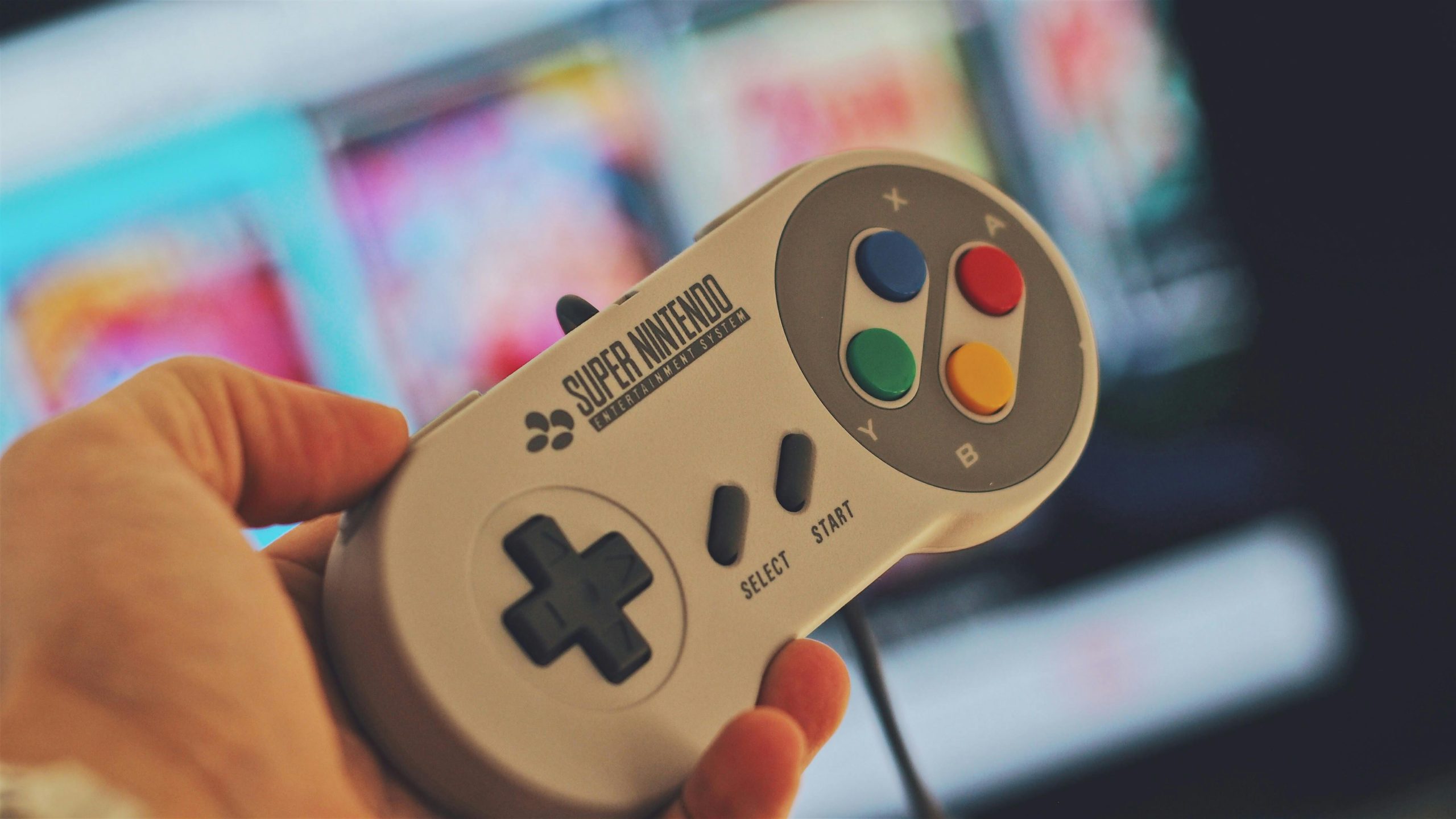A 2005 study of young adult men revealed that playing video games increased heart rate, reduced feelings of drowsiness, and weakened brain wave activity associated with sleep transitions. Furthermore, those who played video games at night had trouble falling asleep and spent less time in REM sleep (rapid eye movement sleep).
Your gaming habits may affect both the quantity and quality of your sleep. A 2014 investigation into video game volume’s effect on sleep quality includes over 800 participants between 18 and 94 years old. Researchers calculated an average daily gaming volume from data gathered over one week, taking into account that daily volumes varied and that weekends tend to see more video game play than other days of the week. They discovered that the amount of time spent gaming was a strong predictor of various sleep-related changes and issues, such as poorer quality sleep, exhaustion, symptoms of insomnia, and later bedtimes and waking times.
Reasons for lack of sleep:
Games gives anxiety and adrenaline rush:
Stress and adrenaline can prevent the body from relaxing into deep sleep. Gamer’s brains release adrenaline and other stress hormones during intense activity, helping them remain awake and alert even after they stop playing. To promote healthy sleeping habits like creating a regular bedtime routine, abstaining from caffeine or screen time before bed, and creating a peaceful sleeping environment; gamers must be aware of these potential negative effects gaming may have on their sleep patterns.
Game addiction leads to stay up late night:
Gamers frequently stay up late because of game addiction. When a person develops a video game addiction, they could feel compelled to continue playing even when it disrupts their sleep or other elements of their life. This may result in playing into the wee hours of the morning, at the expense of sleep. Gamers may maintain a good balance between their passion for gaming and their general well-being by putting healthy habits first and asking for assistance when necessary.
Social pressure in gaming communities:
Another factor contributing to players staying up late at night is social pressure in online gaming communities. There may be a tradition of staying up late and playing with friends or other gamers from different time zones in these online gaming groups, leading to pressure to stay up late to fit in and take part in events.
Though playing games with others can be enjoyable, gamers should prioritize their own health and wellbeing first. Setting limits on gaming time, discussing with friends the importance of getting enough sleep, or finding alternate times to connect if late-night gaming is interfering with sleep are all examples of how this can be done.
Blue light exposure:
Sleeping problems may occur for gamers exposed to blue light from displays. Melatonin gummies control our hormones when using electronic screens like gaming monitors, tablets, smartphones and TVs can cause the production of melatonin (which controls sleep) to be suppressed, making it harder for gamers to fall asleep and remain asleep throughout the night. As a result, they may find it harder to relax into deep relaxation.
Gamers can take several steps to reduce the effects of blue light on sleep. For instance, they could:
- Utilize software that blocks blue light from screens or opt for blue light-blocking eyewear.
- Reduce screen usage before bedtime or put them away at least an hour prior to going to sleep.
- Create a cozy, comfortable atmosphere in the space where they play video games.
- Choose gadgets with night mode settings to reduce blue light emission.
These actions will enable gamers to get a better night’s sleep by decreasing the detrimental effects of blue light on their circadian rhythms.
Irregular sleep schedule:
Gamers may find it challenging to get enough restorative sleep due to gaming’s influence on irregular sleeping patterns. Playing video games late at night might disrupt one’s body’s natural sleep-wake cycle, making it harder for one to fall asleep at the same time every night. Poor sleeping hygiene could then follow, potentially having adverse effects on one’s overall health and wellbeing.
To maintain healthy sleeping habits while playing games, gamers may benefit from creating a regular supplement for sleep plans. This could involve setting an established bedtime and wake up time each day, even on weekends or vacation days.
Conclusion:
By prioritizing healthy sleep habits, gamers can pursue their passion while still finding time to maintain a balance in their lives. Gamers should begin considering their personal wellbeing when making choices regarding sleep: not only will it leave them feeling more rested and alert during the day, but good sleep hygiene may also improve mood, cognitive function, and general health.






